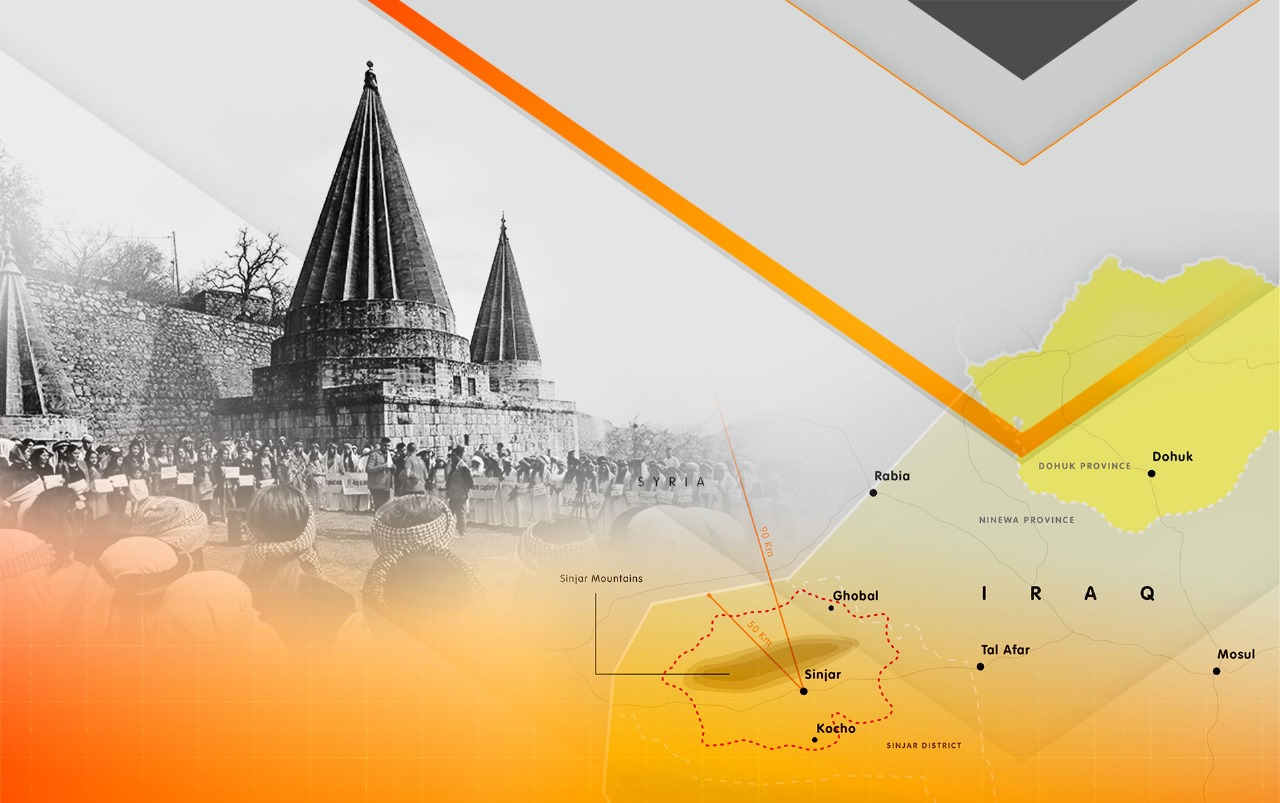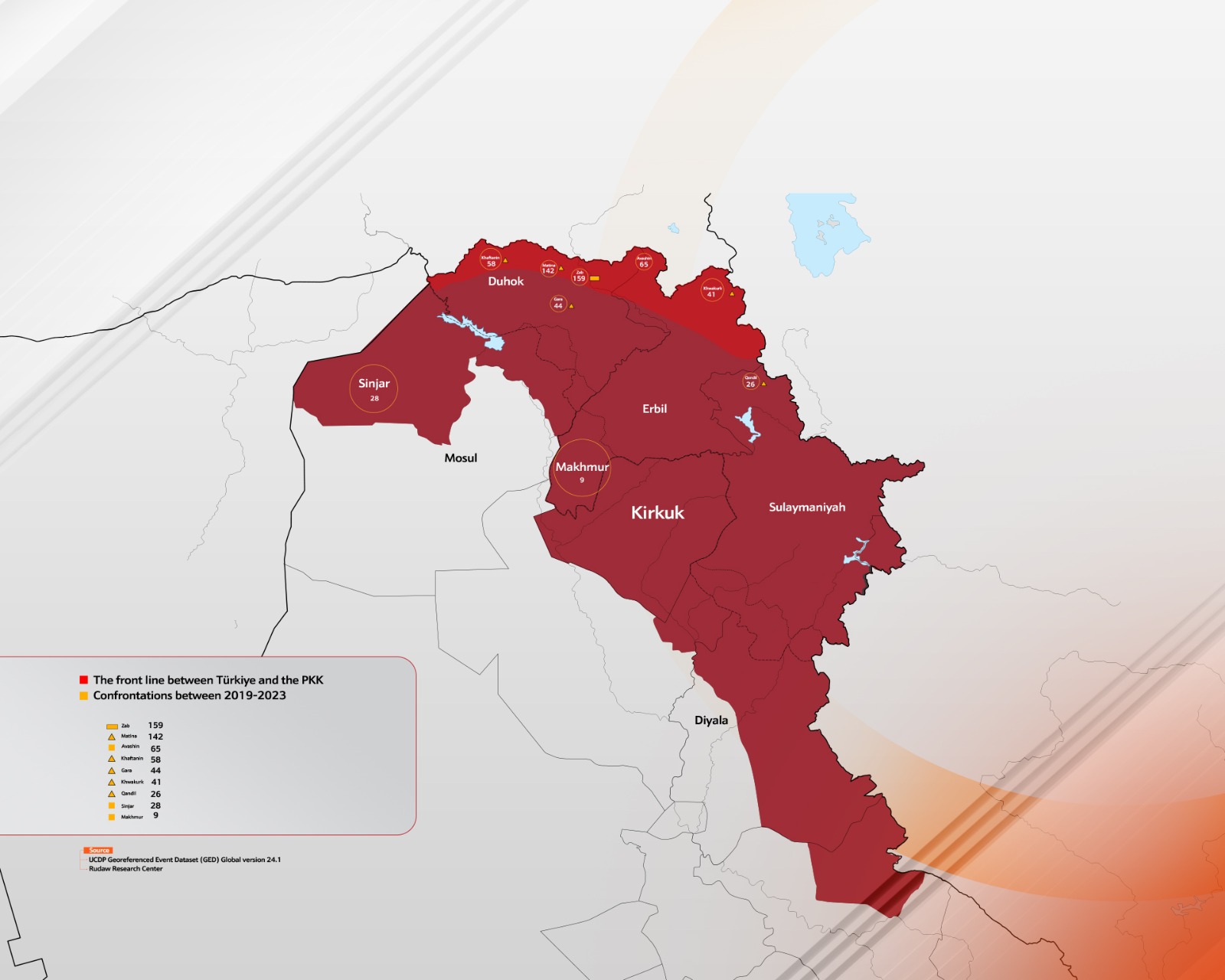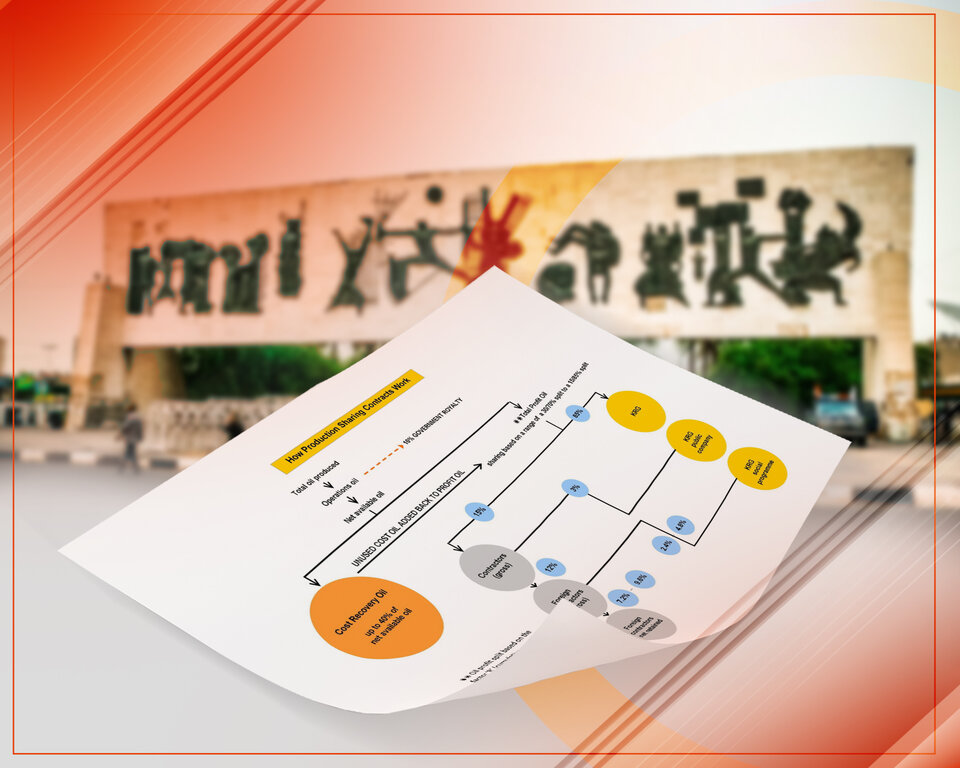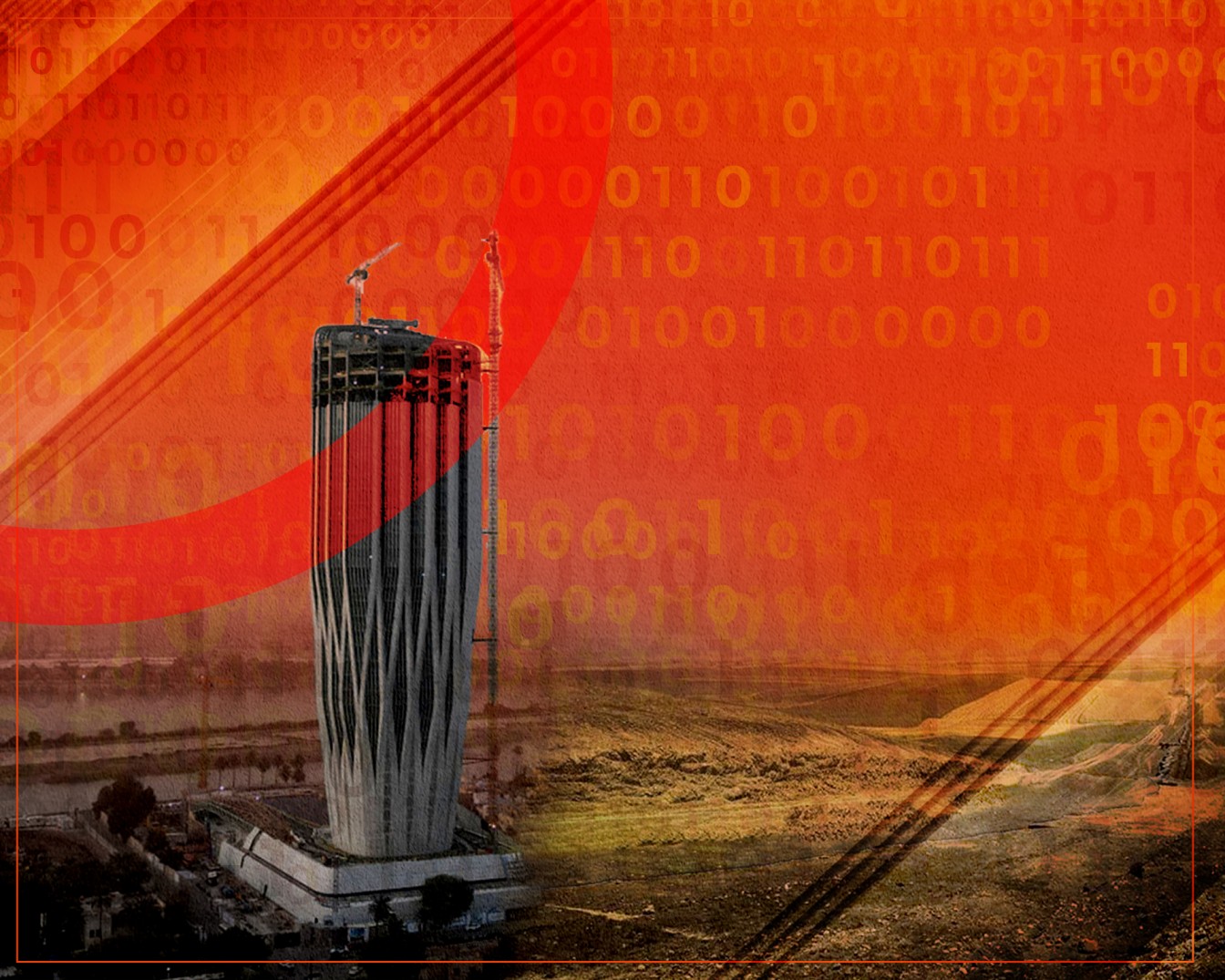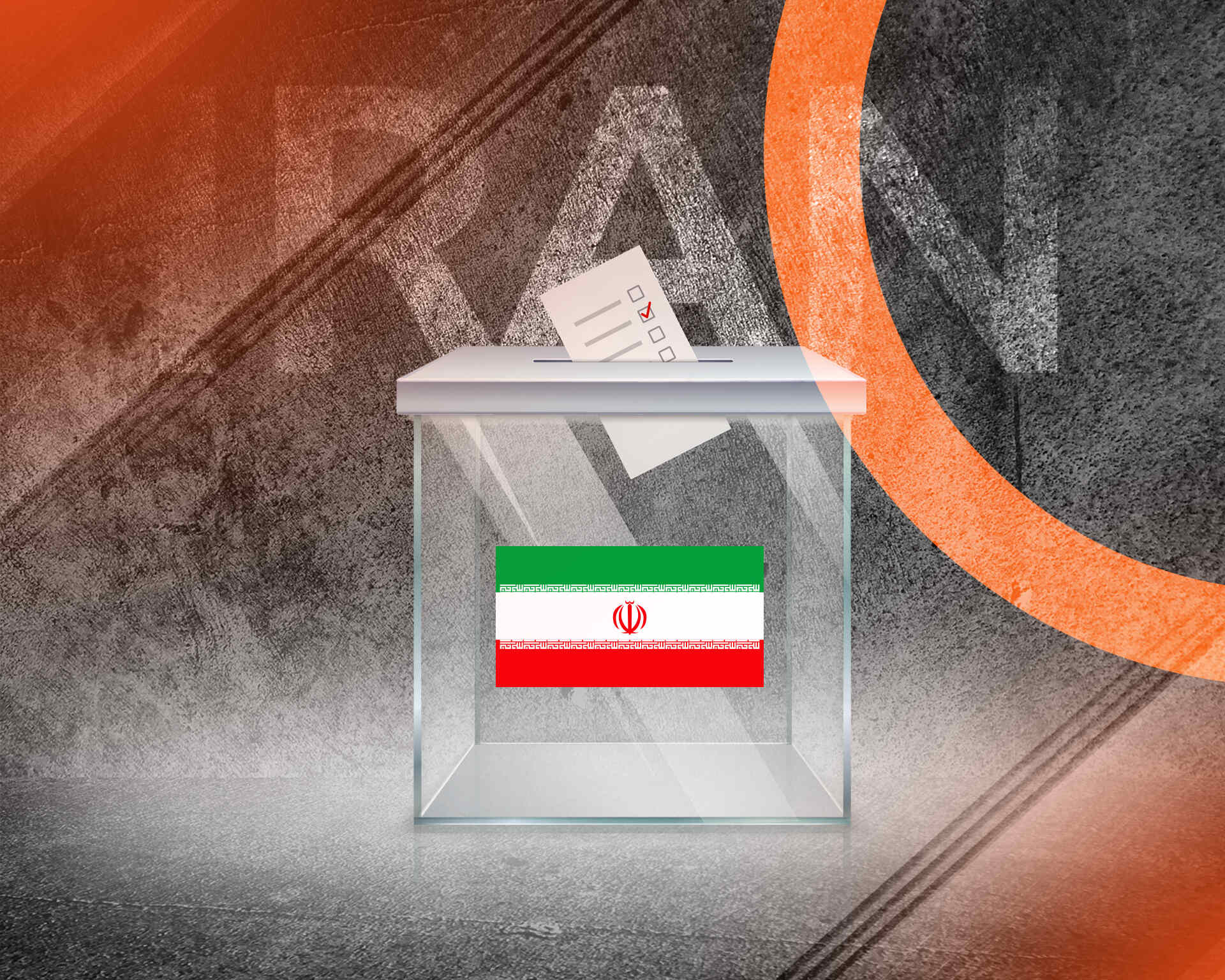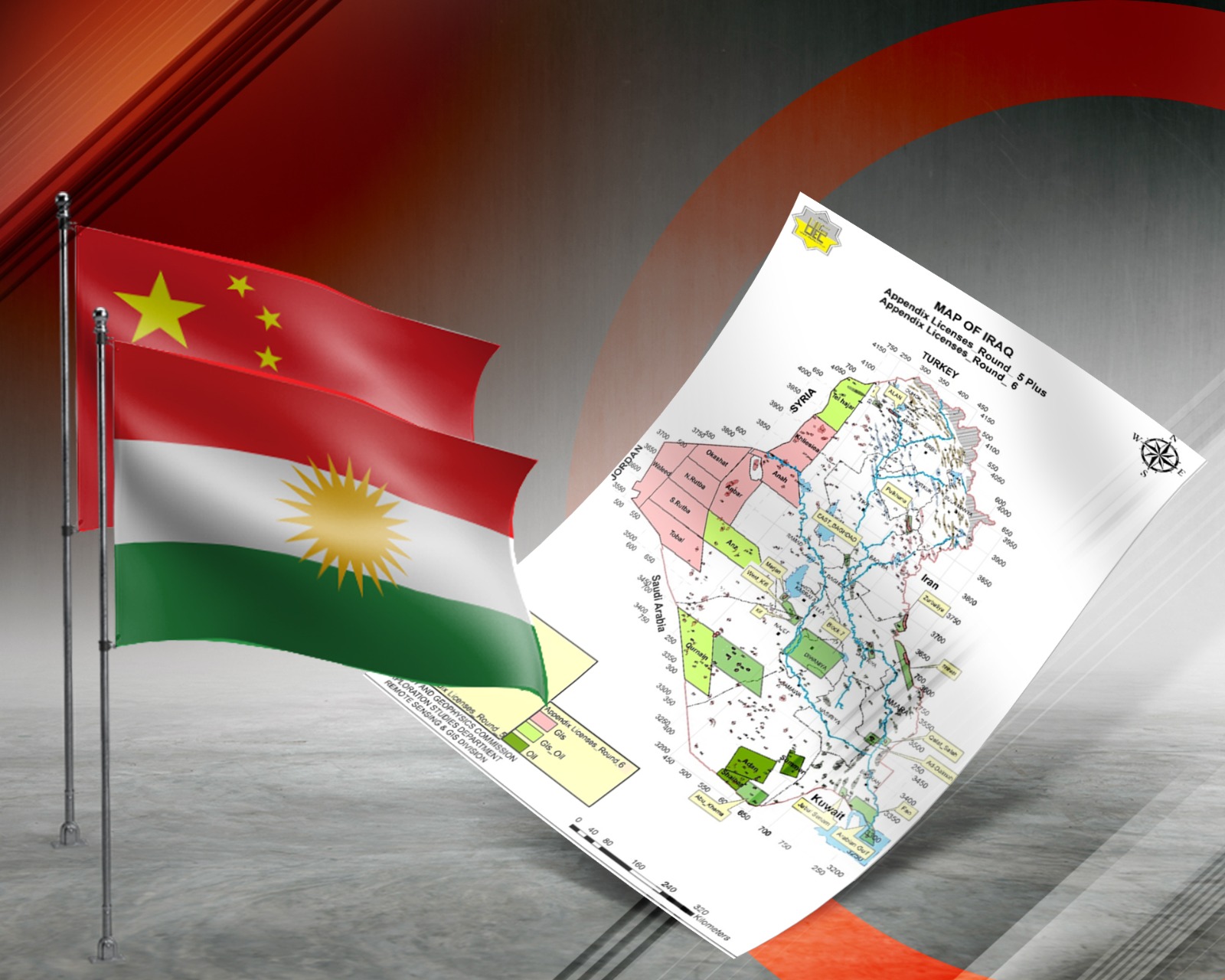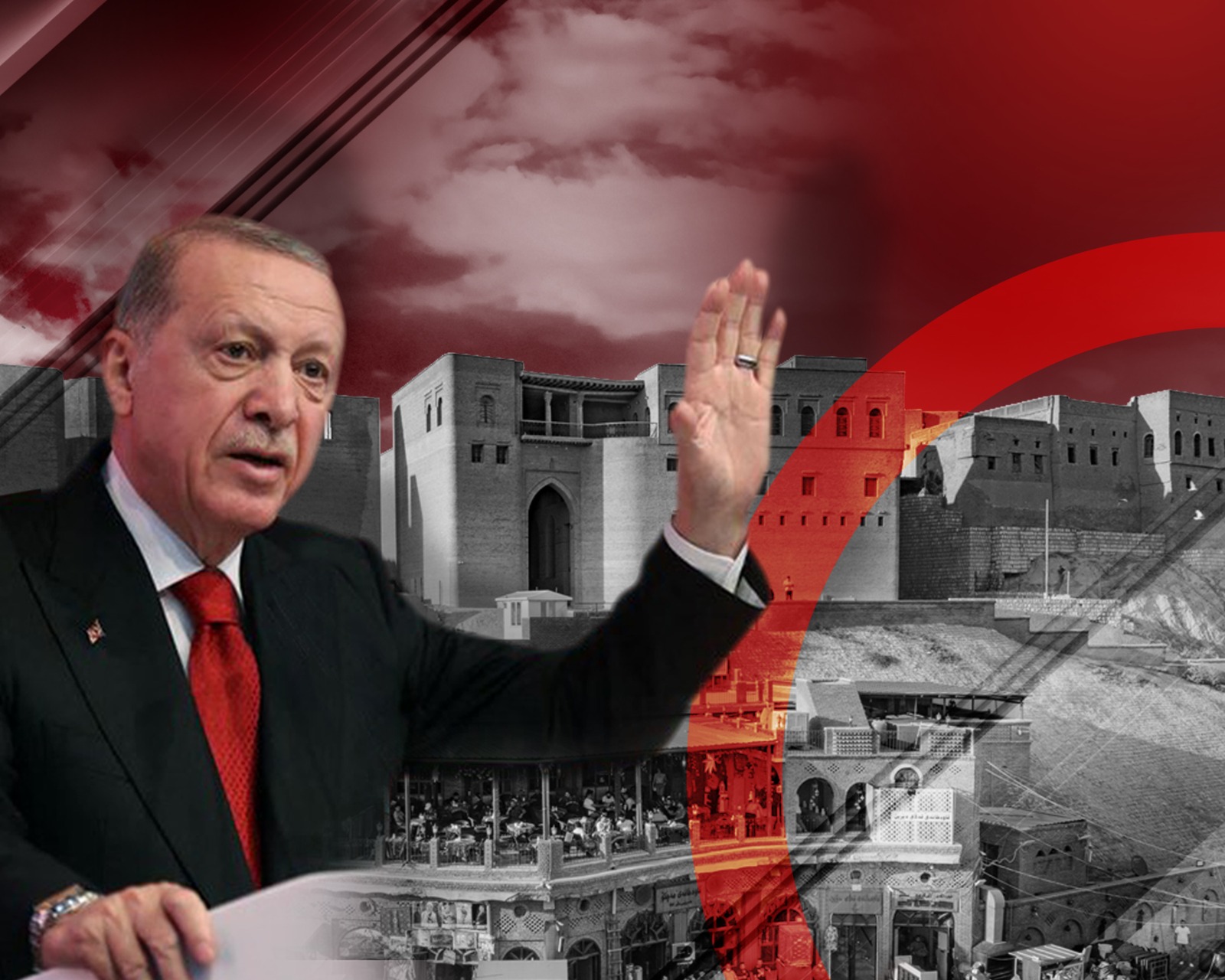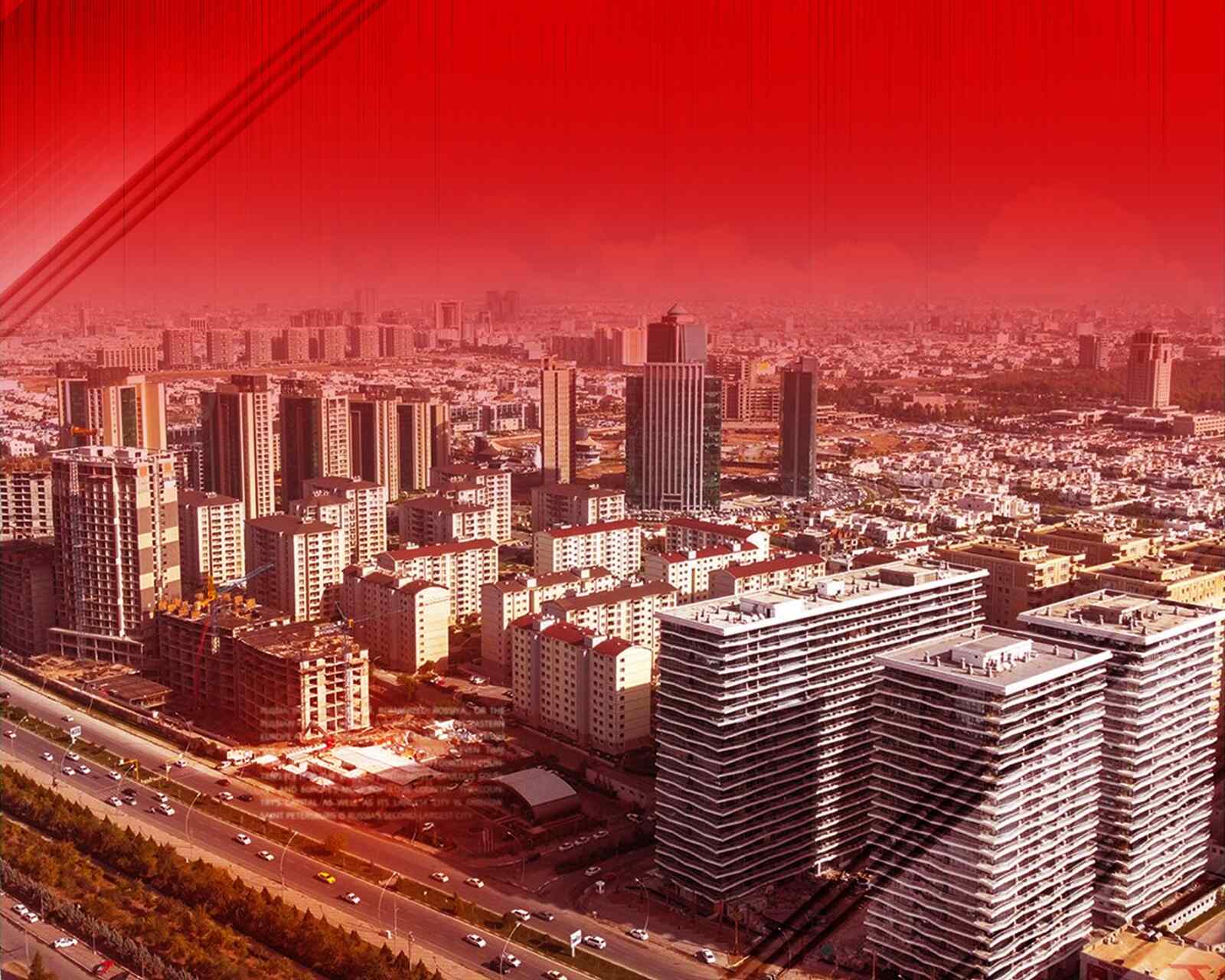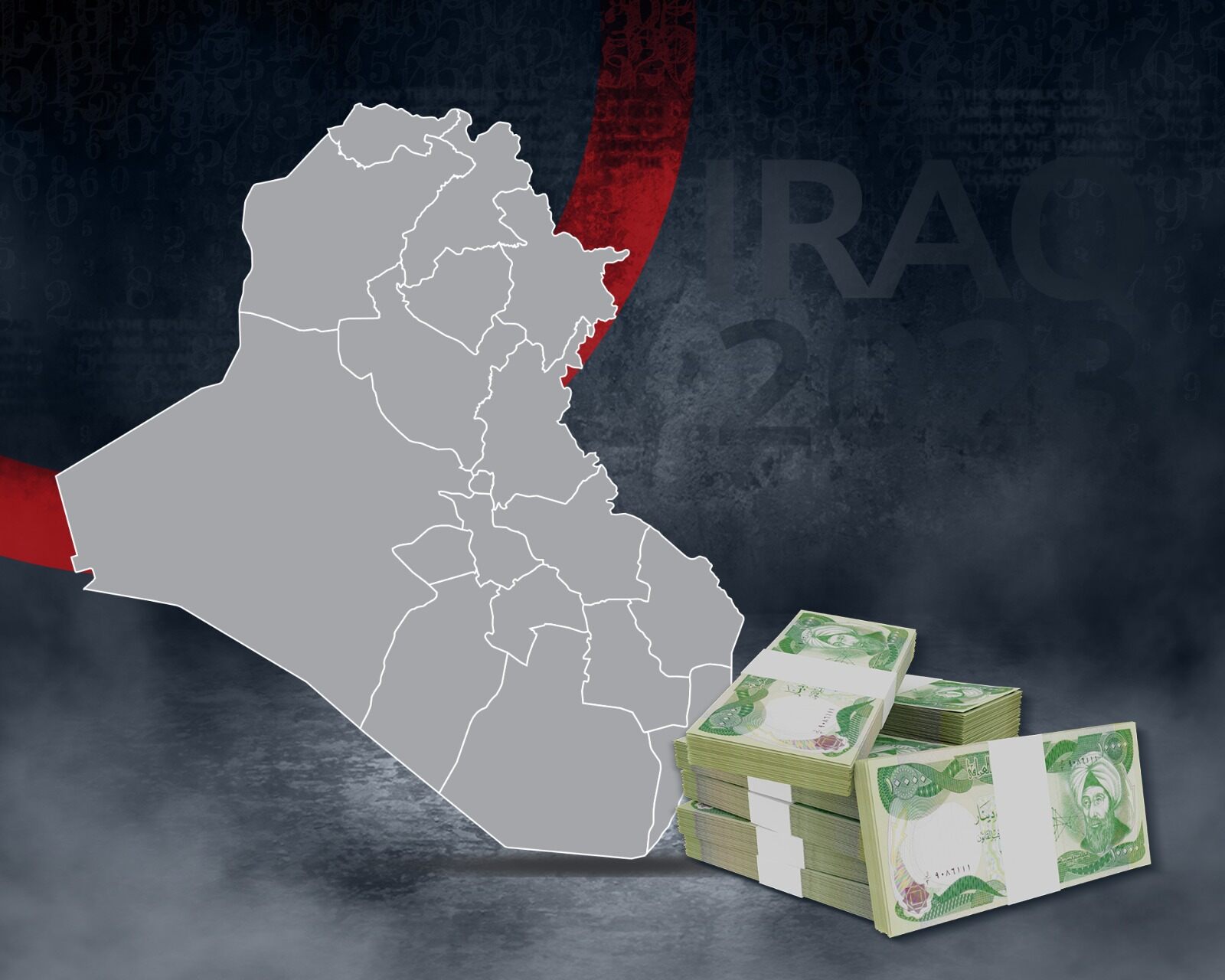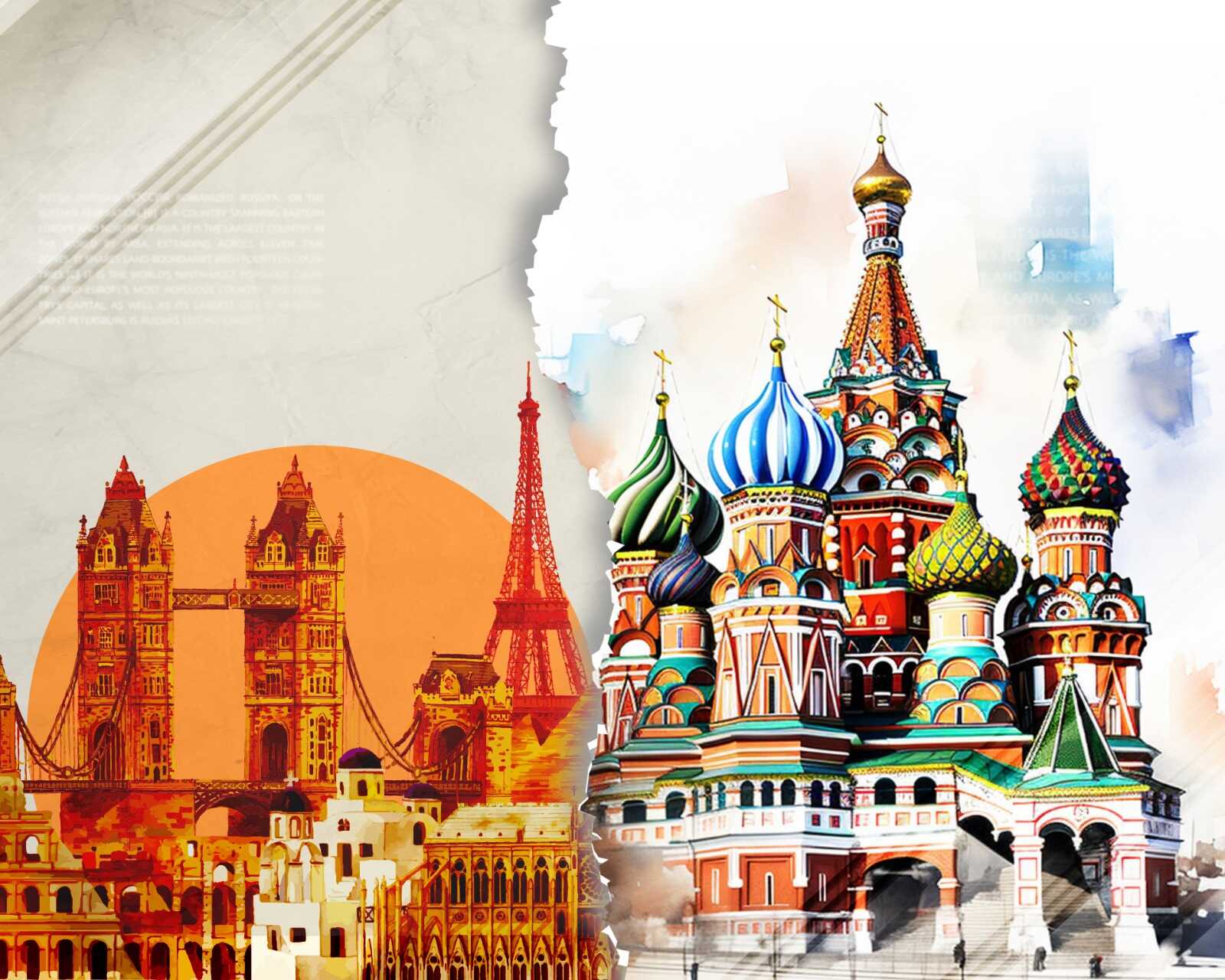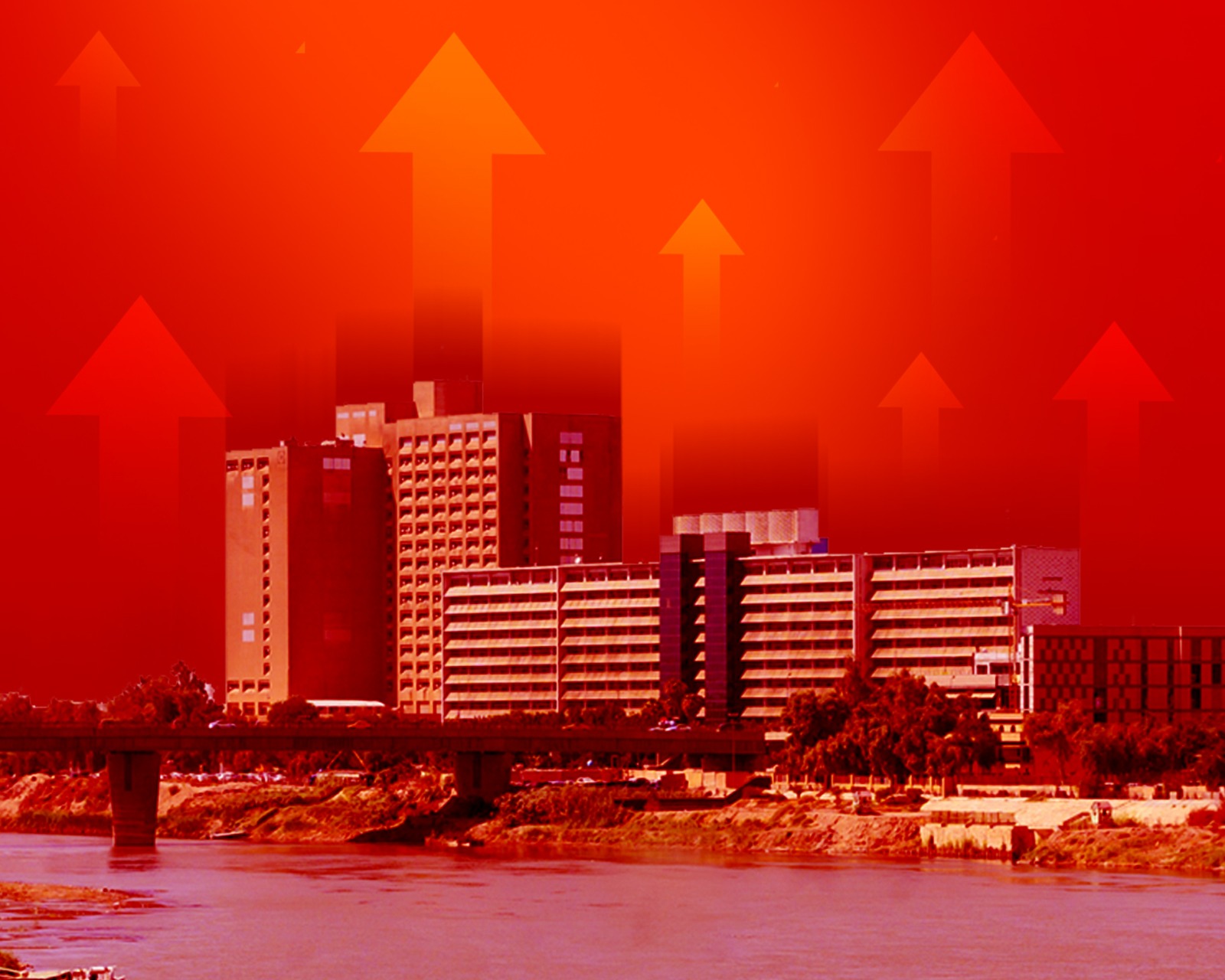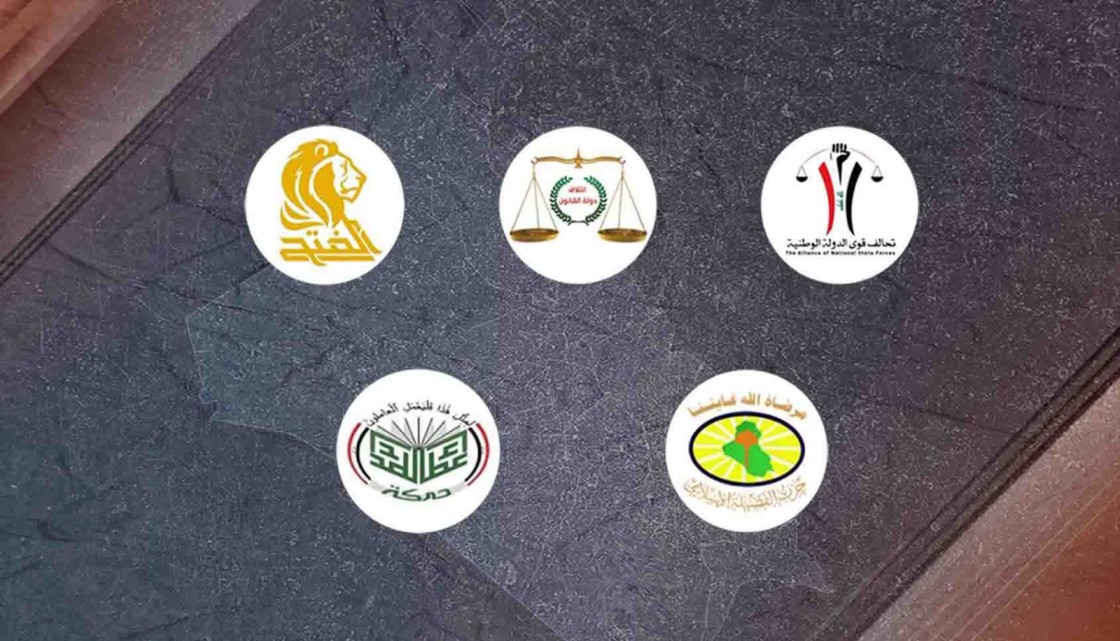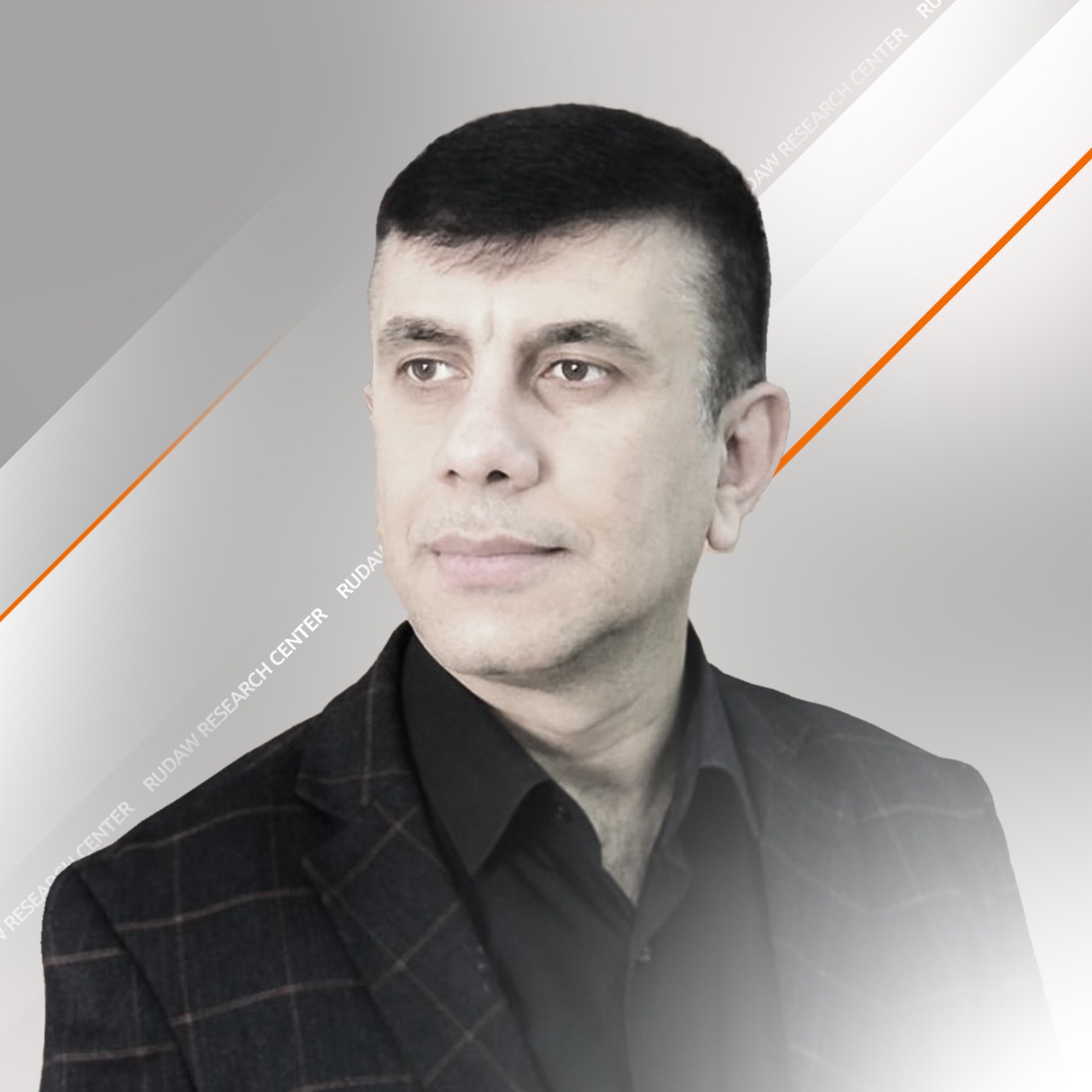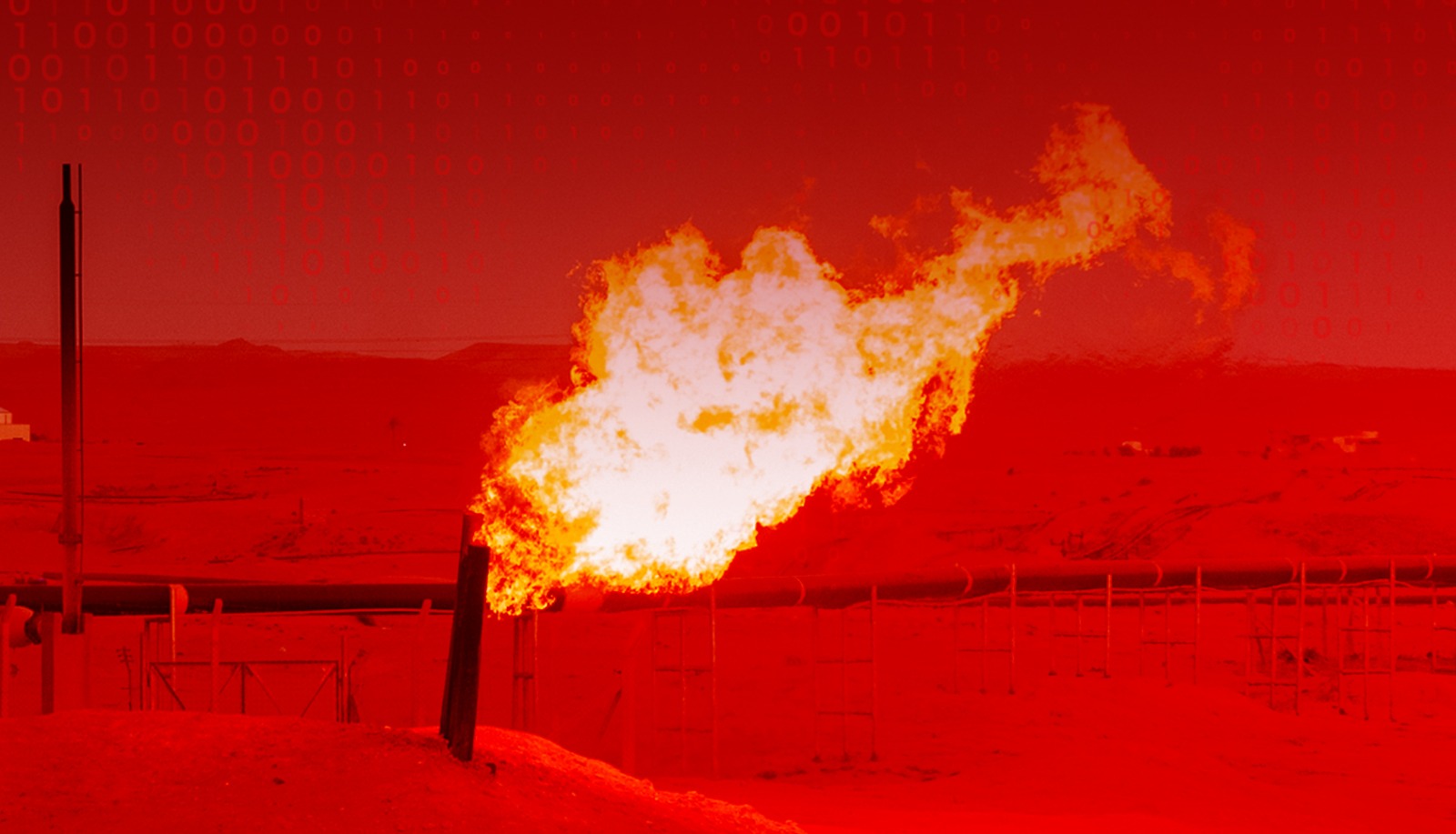The country’s rapid rise from Third World status to a global superpower, lifting 800 million people out of poverty within a single generation (World Bank, April 1, 2022)[ii], serves as a model for developing nations. Nevertheless, developing countries are eager for the changes brought by China’s infrastructure initiatives, but China’s approach to assistance differs from others as Chinese experts emphasize. “We’re not like the Americans; we can’t offer help for free because our country is still developing,”. However, with long-term loans and Chinese workforces, they believe they can assist in building infrastructure abroad. This duality makes China's presence in developing countries both an opportunity and a potential threat.
The Unexplored Side of the Controversy Over Qasim Shasho’s Statement: Sinjar's Disputes

In April 2017, I visited Sinjar for research and met Shasho at the Sharaf Adin Temple. His proud demeanor revealed the mindset of a courageous Peshmerga, eager to declare, "I defended and stayed here when Sinjar was under ISIS's control." However, he is now being portrayed as an anti-Islamic figure who has offended the sentiments of the majority of Kurdish Muslims. When I met him, he spoke cautiously, carefully choosing his words to ensure that his criticisms of ISIS were not misconstrued as anti-Islamic.
Following Eid al-Adha, a new wave of military movements between Turkish forces and the PKK has erupted in Duhok province. The clashes are particularly intense in the northern district of Amedi, but there is a significant possibility of the conflict spreading to Mount Gara, located over 40 kilometers deep within the Kurdistan Region. This potential escalation marks a turning point, with implications for the region's political and military landscape. Given the current situation in the Middle East, this conflict is likely to persist longer than anticipated.
The cost of producing a barrel of oil varies by country, field, and management model. For instance, it costs $24 per barrel in the United States and $21 in Norway. In Nigeria, recent contractual changes have increased production costs from $28.90 to $48 per barrel.
There is daily talk in Iraq and the Kurdistan Region about projects costing millions of dollars, as foreign investors have shown their full readiness to invest in these projects. Still, in reality, these projects have nothing but names. Even projects that have already signed their contracts have not been yet constructed like the project of Faw Port, Total Energy Deal, building the headquarters of the Central Bank of Iraq, and also the Chinese project in the Kurdistan Region named “Happy City”.
The decision to allow a prominent reformist candidate to participate may aim to boost public engagement, marking a departure from past elections where such candidates were excluded. Internal conservative rivalries, coupled with competition from Massoud Pezeshkian, could influence voter turnout.
An annual budget consists of the collection of revenues and their redistribution towards expenditures. The main principle of budgeting is to maintain a balance between revenues and expenditures by increasing revenue sources and reducing expenditures. However, in Iraq, this has been the opposite. Over the past two decades, for example, expenses have increased 29-fold, while revenues have increased only eight-and-a-half times.
Europe's efforts to support the Palestinian cause are commendable. However, in reality, peace, justice, and stability in the Middle East will remain elusive without addressing the Kurdish issue. David Fromkin begins his book A Peace to End All Peace with a quote from a British officer, stating that after a war that ended all wars, they made a peace that destroyed all peace. More than a century has passed since that unresolved reconciliation, yet the problems persist. Therefore, what is needed this time is a genuine reconciliation, one that truly resolves the underlying issues.
Iraq Finalizes Fifth-Plus and Sixth Rounds of Oil and Gas Contracts, Yielding Over 30% Profit for Participating Companies

In this round, 22 companies from 13 countries indicated readiness to invest in Iraq's oil, gas, and joint fields, but only Chinese and Kurdistan Region companies secured contracts with profit shares ranging from 6.67% to 32%.
The upcoming years are expected to witness the completion of over 47,000 housing units, adding to the existing stock. Notably, the cumulative number of housing units constructed in the central area of Sulaimani province since 2006 totals 90,000 units.
Apart from economic reasons, however, the Kurdish cause has deeper roots for Erdogan. There is no doubt that Erdogan, who has remained in power longer than any other Turkish leader and has a chance of directing Turkish policy for at least another four years, has come closer to the Kurdish cause than anyone else. If we include the reforms for the European Union membership process, the AKP has put the Kurdish cause on the agenda of Turkey between 2002 and 2015, directly and indirectly during its 13 years of rule.
The Iraqi Ministry of Electricity has reiterated its intention to purchase gas from the KRG in the upcoming months. Dana Gas previously announced the completion of an additional 250 million cubic feet of gas production, slated for availability in the second quarter of this year. However, it remains uncertain whether this supply will be allocated for power plants within the Kurdistan Region or Iraq at large.
In the Kurdistan Region, it's widely understood that elections cannot proceed without the KDP, just as they are incomplete without the PUK. Moreover, the potential absence of the KDP from the elections could trigger a chain of events impacting the security of the development road, and Iraq as a whole.
Throughout the suspension period, the estimated loss surpasses $11 billion if the Kurdistan Region were to sell its own oil independently, escalating to $13 billion if Baghdad were to market it at the price of Iraqi oil exports in 2023.
Erbil's Real Estate Boom: Over 50,000 New Apartments, Houses, and Villas Under Construction

This rapid acceleration in housing development is not confined to Erbil; it is a trend observed across the Kurdistan Region. In Sulaimani, for instance, the number of real estate investment projects currently underway has surged two to threefold compared to previous years, reflecting the region's robust growth and burgeoning housing market.
Iraq's Financial Transparency: The 2023 Budget Figures and Ministry of Finance Reports on Expenditures and Revenues

In terms of revenue, the budget projected Iraq's total revenue in 2023 to reach 134.5 trillion dinars, comprising 117.2 trillion dinars from oil revenue and 17.3 trillion dinars from non-oil revenue. However, according to the Ministry of Finance's annual report, Iraq's total oil and non-oil revenues amounted to 135.6 trillion dinars, with oil revenues at 125.8 trillion dinars and non-oil revenues at 9.7 trillion dinars.
Following French President Emmanuel Macron's call for direct military involvement in the Ukraine conflict, Putin issued a stark warning: 'We also have weapons that can hit targets on their territory.' This statement suggested the potential deployment of tactical nuclear missiles should the conflict escalate.
Numerous Russian ports contend with challenges posed by ice and cold weather or rely on narrow straits controlled by other nations for access to the open sea. For example, Vladivostok, Russia's largest port, connects to the Pacific Ocean via the Sea of Japan, an area with ties to the United States. Moreover, this crucial port faces a four-month closure each year, and the absence of icebreakers would severely impede Russia's operations and trade. On the western front, Russian warships departing from St. Petersburg can navigate the Baltic Sea to reach the Atlantic Ocean. However, they must traverse the narrow Strait of Oresund, situated between Sweden and Denmark, adding to logistical complexities.
China's trade with Iraq has consistently expanded year after year, with recent figures nearing $50 billion, representing over two-thirds of Iraq's exports to China. Moreover, China's investments in Iraq's energy and real estate sectors have surpassed those of neighboring countries over the last two decades.
After several days of anticipation and amidst intense political and legal debates, the councils of 13 Iraqi provinces, with the exception of Kirkuk and Diyala, finally elected their governors. However, despite the issuance of a decree by the presidency to appoint the elected governors, except for Salahaddin province, it's apparent that this move won't resolve the internal tensions within local governments.
Last year, based on IOC reports and gathered data, oil production in the Kurdistan Region fell short of 100 million barrels, marking a significant decline from the 158 million barrels produced across all fields in 2022. This represented a staggering 42 percent decrease in oil production and a corresponding 67 percent reduction in revenues compared to the previous year.


